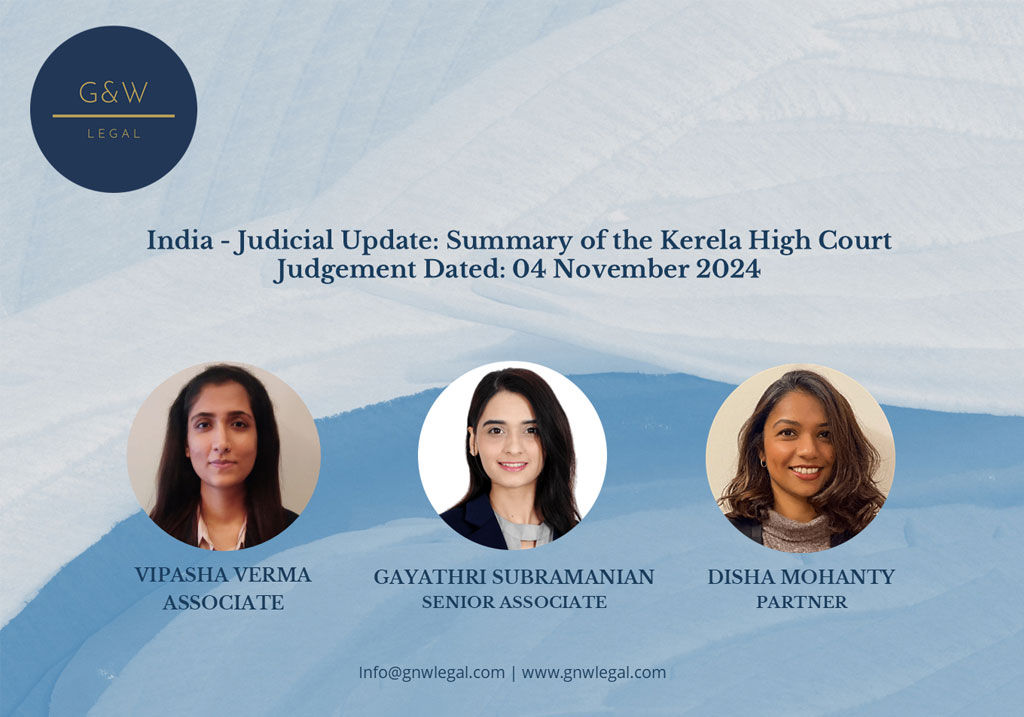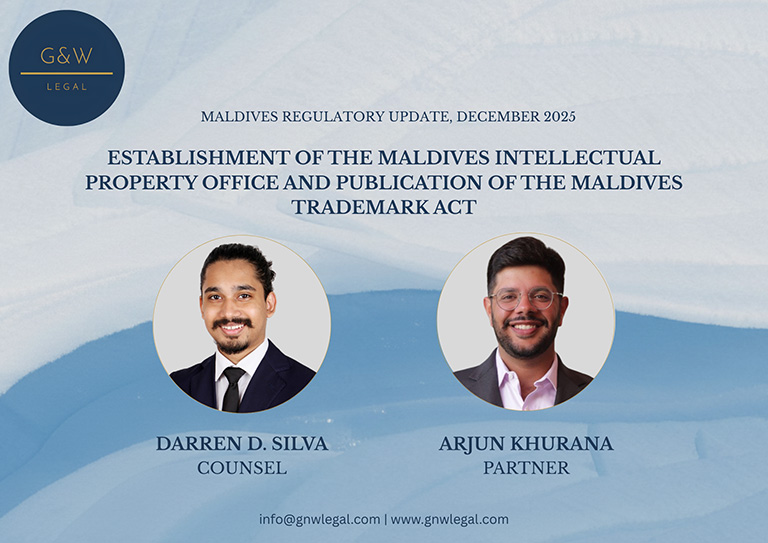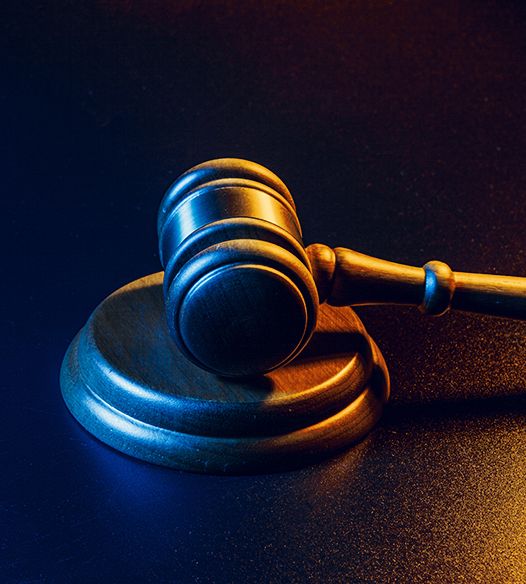
KEY ISSUES
Whether a foreign company can conduct surveys and research amongst the citizens of India without sanction from the Government of India?
FACTS OF THE CASE
1. Princeton Survey Research Associates (“PSRA”), a US-based organization, entered into an agreement with Taylor Nelson Sofres PLC, TNS India Pvt. Ltd. (“TNS India”) to conduct a survey across multiple locations in India under the project ‘Green Wave 12’.
2. TNS India compiled a questionnaire provided by PSRA into a booklet, which according to PSRA is aimed at helping clients understand, respect and be mindful of our country’s cultural values,
attitude and traditions.
3. This survey was carried out in several cities in India without any incidents, difficulties or protests. However, during the survey in Thiruvananthapuram (state of Kerala) in October 2010, a law-andorder issue arose, leading to police intervention.
4. Police seized the questionnaire booklets and registered a case against TNS India, alleging that the some of the items in the questionnaire could hurt the religious sentiments and faith of the Muslim community. Subsequently, the police filed a chargesheet arraigning TNS India and its officer (executive director) as the accused.
5. Thereafter, in September 2011, the matter was later transferred to the Internal Security Investigation Team (ISIT) of the State Police for further investigation, which alleged in its report that PSRA intentionally engaged TNS India to conduct a sensitive study aimed a disturbing communal harmony. It was alleged that PSRA specifically chose vulnerable areas and targeted a particular religious group to create emotional conflict. This led to further scrutiny of the survey’s objectives and its potential impact on public order. In November 2015, the charges were submitted against TNS and the other accused before the trial courts which are pending. Meanwhile the criminal proceedings were challenged by TNS India and the accused before the High Court of Kerala, seeking to quash the investigation reports and the criminal proceedings in the trial courts. The High Court of Kerala passed its judgement on 4 November 2024 (as summarised in this Note) whereby the Court rejected TNS India’s prayer to quash the proceedings and also redirected the State Police to forward the investigation to Government of India for further scrutiny and action.
ARGUMENTS
TNS India argued that the allegations did not amount to an offence of deliberate insult to any religion and religious beliefs. However, the Public Prosecutor maintained that the questions were sensitive and objectionable, raising doubts about the intention of the survey itself.
JUDGEMENT OF THE COURT
1. The trial court reviewed the survey questions and found their nature and response options suspicious, concluding that such surveys could disrupt national security and religious harmony. It opined that it is surprising to see a foreign company undertake research with such suspicious questions. The Court stated that any foreign organization wishing to conduct a survey in India must obtain permission from the Government of India, which had not been sought in this case.
2. Considering these concerns, the court further opined that an investigation by the State Police
of Kerala is not enough in this case. The Court directed the Investigating Officer to submit its investigation report to the Ministry of Home Affairs (“MHA”) and the Ministry of External Affairs (“MEA”) within one month of the judgement of the Kerala High Court summarised herein.
3. The trial court further stated that the MHA and MEA would take appropriate action in
accordance with the law and conduct further investigations if necessary.
ANALYSIS OF THE JUDGEMENT
1. While the court ruled that a foreign company seeking to conduct surveys in India must obtain sanction from the Government of India, it did not cite any specific legal provision mandating such approval.
2. In our view, there is no specific law or government notification that mandates prior approval from the Government of India for conducting a survey. Therefore, the implementation of this judgement against an organisation engaged in survey activities will be challenging, especially in absence of any specific law barring such activities.
3. In our view, the application of such a judgment should be limited to surveys involving religious and other similar sensitive issues.
4. Since the judgment was pronounced by the High Court of Kerala, it will be binding within the state of Kerala. Unless the Central Government issues a notification or enacts a law, or the judgment is upheld by the Supreme Court or other High Courts, its applicability will remain limited to Kerala.
RECOMMENDATIONS FOR ORGANIZATIONS
Even though it is being widely reported in newspaper headlines that Government of India’s approval is required to conduct surveys in India, in our considered view, the Kerala High Court’s observation is specific to the facts of this case. We do not believe this necessitates organizations to seek Government of India approval before conducting surveys, unless the surveys involve
religious issues.
Nevertheless, as a matter of abundant precaution, we would recommend the following for
organizations to consider:
a. For any survey conducted on behalf of a Government or Government agency, ensure that proper documentation is in place to confirm that the relevant Government or agency has provided the necessary authorization.
b. In projects with only foreign companies where there is no involvement of any Government entities to evidence any deemed approval of the Government, organizations should undertake surveys relating to religious and socio-political issues with caution.
Disclaimer: This update is for general information purposes only. It does not purport to provide
comprehensive legal or other advice. The publisher and the contributors accept no responsibility for losses that may arise from reliance upon information contained in these publications.















